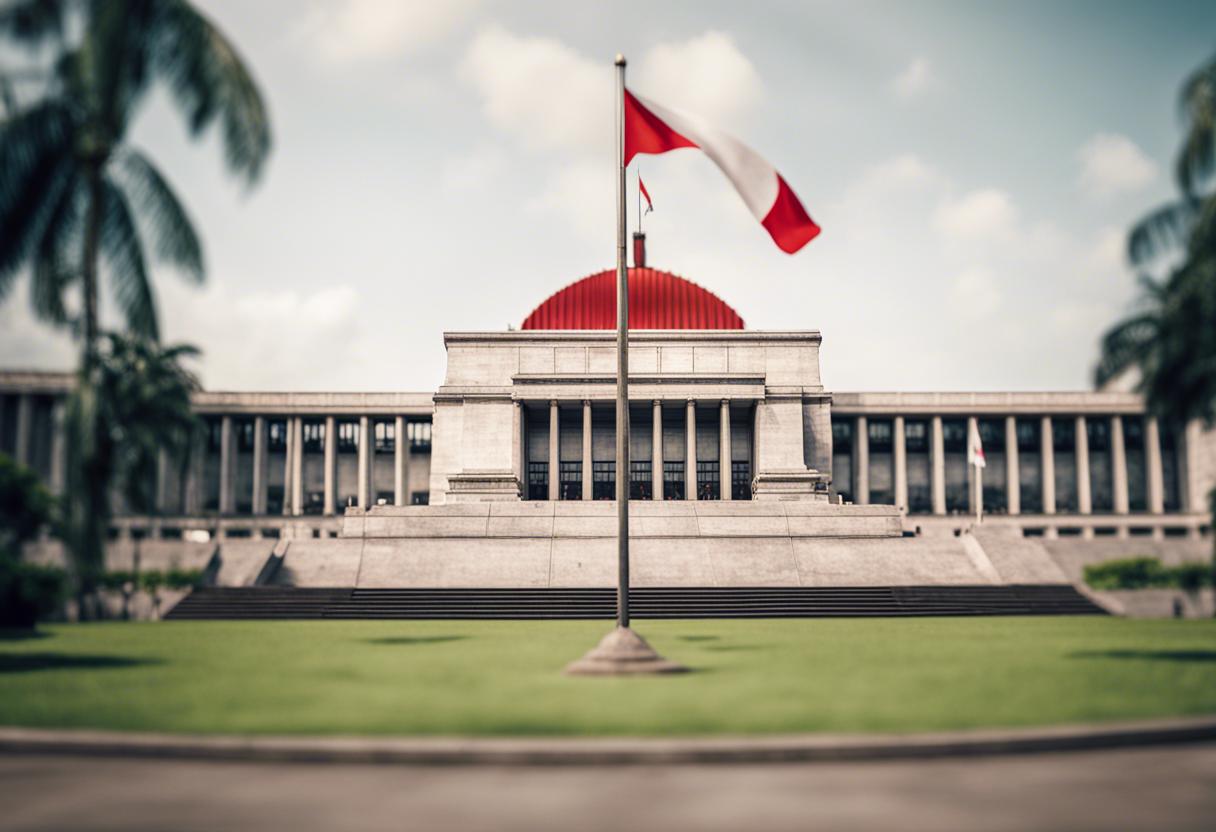In anticipation of the transfer of power, President Joko Widodo of Indonesia, who is about to step down, announced the appointment of new cabinet ministers closely linked to his successor Prabowo Subianto on Monday. The manoeuvre is designed to ease the shift in leadership, taking place two months prior to his official exit.
Mr Prabowo, occupying the position of defence minister, significantly led the February election, banking on Mr Widodo’s enormous political influence and public favour. This is perceived universally as potentially securing continued influence for the out-going leader even after 10 years at the helm.
Known broadly as Jokowi, the president installed new ministers in energy, law, and investment, and new heads for three different departments. The majority of these individuals are known to be aligned with Mr Prabowo, either in having backed him or campaigned for him during his candidacy.
Bahlil Lahadalia, currently the investment minister, will assume the role of energy minister. Rosan Roeslani, the previous ambassador to the United States, will be succeeding him as investment minister.
Mr Bahlil has pledged to focus on developing stimulus to revitalise dormant energy sources and reverse Indonesia’s falling crude oil production.
Mr Jokowi appointed Dadan Hindayana, a professor from Bogor Agricultural University, to lead the newly instituted national nutrition agency. He will also administer Mr Prabowo’s landmark project, a free school meals initiative that is projected to cost 71 trillion rupiah (€4.2 billion) in just its inaugural year.
Mr Dadan, who was part of Prabowo’s campaign team, informed local media outlets that the meals programme will commence on the 2nd of January next year.
Mr Prabowo’s spokesperson, Hasan Nasbi has been chosen by Jokowi to head the presidential communications entity.
Official from the presidential palace, Ari Dwipayana claimed these adaptations are necessitated to ensure that the governmental transition is effective, seamless and operates without any hitches.
Amidst a period of transition, Mr Prabowo is rapidly moving to establish his authority as he prepares for his presidency. This comes after several months of discussion, resulting in the securing of a majority in parliament, supported by those who previously preferred his opponent, late last week.
The 72-year-old, Mr Prabowo, who was a two-time loser in the presidential elections against Jokowi, has been making concerted efforts to increase his international presence. Since his victory, he has made visits to various countries like Russia, Qatar, Japan and China and was in Australia on Monday.
Ujang Komarudin, an academic in politics at the Al-Azhar Indonesia University, described the appointments declared on Monday as “accommodation politics”. This could imply Jokowi’s staunch supporters securing cabinet positions in Mr Prabowo’s governance when he assumes office.
Turns out, Jokowi’s son, Gibran Rakabuming Raka will be assuming the role of vice-president after being a critical part of Mr Prabowo’s campaign, serving as his right-hand man. Jokowi’s future role, if there’ll be any, in Indonesia remains vague after his two term tenure as the President. – Reuters

